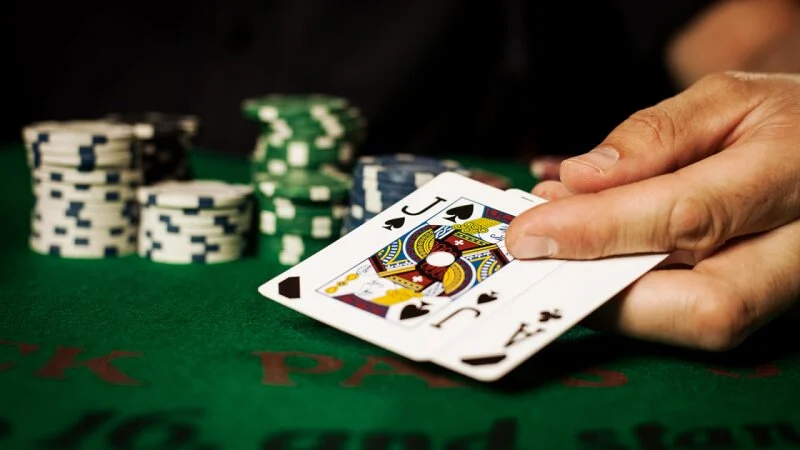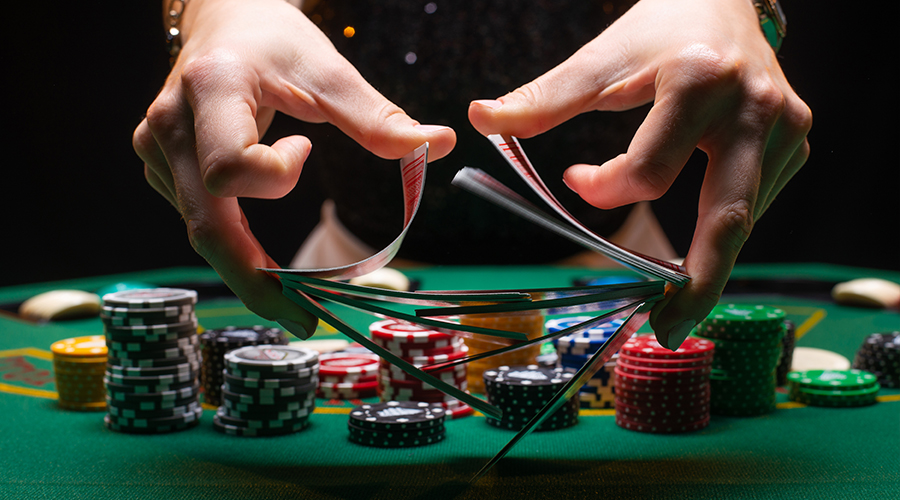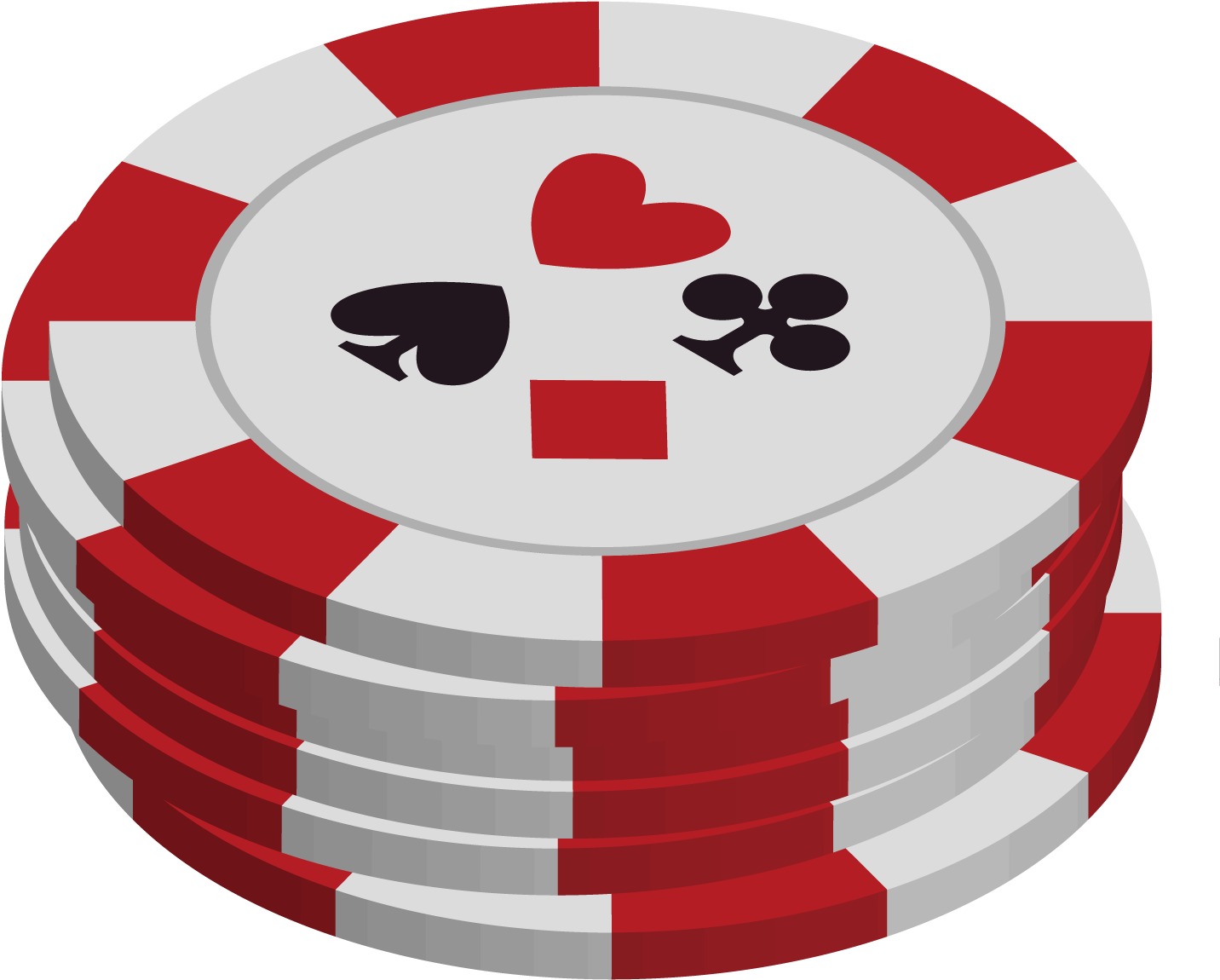Blackjack is one of the most exciting and accessible card games in the world. It is still not known exactly where it originated – some believe in France, others in Spain or even in ancient Rome – but blackjack is undoubtedly one of the most popular casino games around the world.
In the 20th century, blackjack became a mandatory game in all casinos, capturing the minds of those who played it and tried to master it.
We offer several varieties of blackjack online at both single and multiplayer tables.
In general, the rules of blackjack are quite simple and can be mastered in a few minutes. However, the rules of each variety have their own characteristics, described on the page of the corresponding variety. On the same page you will find general rules that apply to all types of blackjack.
Each round of blackjack begins with all the players at the table betting on their occupied betting spaces (“boxes”). Information about the minimum and maximum bets is displayed on the table, and you can choose the size of the bet by clicking on the chip of the corresponding denomination. After the bets are placed, the dealer deals two cards face up for each box and either one card face up (European Blackjack) or one card face up and a second face down (Atlantic City) for himself.
The best hand is an ace and ten (including jacks, queens and kings) on the first two cards. This hand is called “blackjack”. This hand cannot be beaten, but a draw is possible if the dealer also has blackjack. It should be noted that the payoff for blackjack is higher and you can get up to 3 to 2 (3:2) depending on the type of blackjack.

Blackjack Card Values and Payouts
Winning a blackjack hand usually pays out 1 to 1 (1:1, also called “even money”). That is, if you bet 10 chips, you will receive 10 chips and your bet will be returned. If you have blackjack (and the dealer doesn’t), then in a blackjack variation that pays 3 to 2 (3:2) in this case, you will receive 15 chips, as well as your bet.
If your hand and the dealer’s hand are equivalent, then this situation is called a “draw” (“push”). In this case, you simply get your bet back. If you lose the hand, you lose your bet. Exceptions to these standard rules are described below and also on the individual blackjack variant pages.
The winnings are paid out after the cards are dealt to the dealer. The dealer plays according to clear rules, which differ slightly depending on the variety, so it is recommended that you read the rules carefully in order to know the features of different types of blackjack.
One of these differences is the dealer’s action in a soft 17 situation. Usually the dealer draws cards until he scores 17 or more points. However, in some varieties the dealer may stop at soft 17, while in others he may take another card. In all varieties of blackjack, the dealer draws a card on any hard or soft 16 or less.
Splitting cards, doubling down and not playing (surrender)
Depending on the first two cards, additional options may be available.
One such action is splitting (“split”), which essentially turns one hand into two. The division of the hand is as follows:
If both starting cards have the same value (king and queen, two eights, etc.), then you can create a new hand by placing another bet equal to the initial one.
Both hands are played independently of each other, that is, each of them wins, loses or draws separately from the other.
In some varieties of blackjack, splitting can be done multiple times.
Also, in some situations, doubling the bet (double down) becomes available, thanks to which you can double your initial bet. It happens like this:
After dealing the first two cards, the player can make an additional bet equal to the initial bet and receive exactly one additional card.
In some variations of blackjack you can double down with any two first cards, in others you can only double down with certain cards.
In games where doubling down is allowed, this can be done after the split, and there are several other aspects to consider:
After splitting into two or more hands, doubling down may be available.
Doubling the bet after the split occurs according to the same rules as the usual doubling.
Additional restrictions may apply when splitting aces. In most blackjack games, when splitting two aces, only one card is allowed for each new hand. This means that you will not be able to take additional cards, split cards or double down.
There is another aspect to blackjack that you can take advantage of. This is a refusal to play (“sarrenda”, i.e. surrender). If this is allowed in the variety you are playing, you can discard the received cards and return 50% of the bet. However, there are some restrictions, for example, if the dealer has an ace or a card worth 10 points.
Blackjack Player Actions
There are several actions available in blackjack (depending on the cards and the type of blackjack), each of which affects the final result:
Take a card (hit, more)
With this action, you ask for an additional card.
The cards are dealt one at a time. Remember that if you score more than 21 points, you will lose.
Enough is enough (stand)
If you have scored 21 points or less, but do not want to take additional cards so as not to score more than 21 points (not bust), you can stop.
Divide (split)
If you have received two cards of equal value (king and queen, two eights, etc.), you can make an additional bet (equal to the initial one), thereby creating a second hand.
Double down (double down)
You can place an additional bet equal to the initial one. You will automatically be dealt one card.
Refusal to play (sarrenda)
In some varieties of blackjack, you can refuse to play further and get back half of your bet.
Insurance
If the dealer’s first card is an ace, you can take out insurance. This means that you can bet half of the initial bet and get a 2 to 1 win if the dealer has blackjack.
If the dealer does not have blackjack, you will tie.
Even money is a special kind of insurance that you can use if you have blackjack. If the dealer has an ace, then there are 2 options:
The dealer has blackjack and the hand ends in a draw.
The dealer does not have a blackjack, so you win (usually 3 to 2) with your blackjack.
By using even money, you agree to receive a 1 to 1 win before the dealer deals additional cards to himself, thereby locking in your winnings, regardless of whether the dealer gets a blackjack.

Protection against accidental actions
Your decisions during the game directly affect the outcome, so it’s important that you can always do exactly what you have in mind. Unfortunately, a number of factors can adversely affect your game. These factors include Internet connection and accidental mouse and key presses.
Although we cannot foresee all possible problems of this kind, our client program has a number of features that protect against unintended adverse actions that are considered non-standard for standard situations. These include:
- even with hard 17 and above;
- enough at 11 or less;
- doubling the bet on hard 12 and above.
Our program will warn you if you try to perform one of the above actions and ask for confirmation. We take these protective measures to ensure that you do not lose your money due to an accidental button press or mistake.





